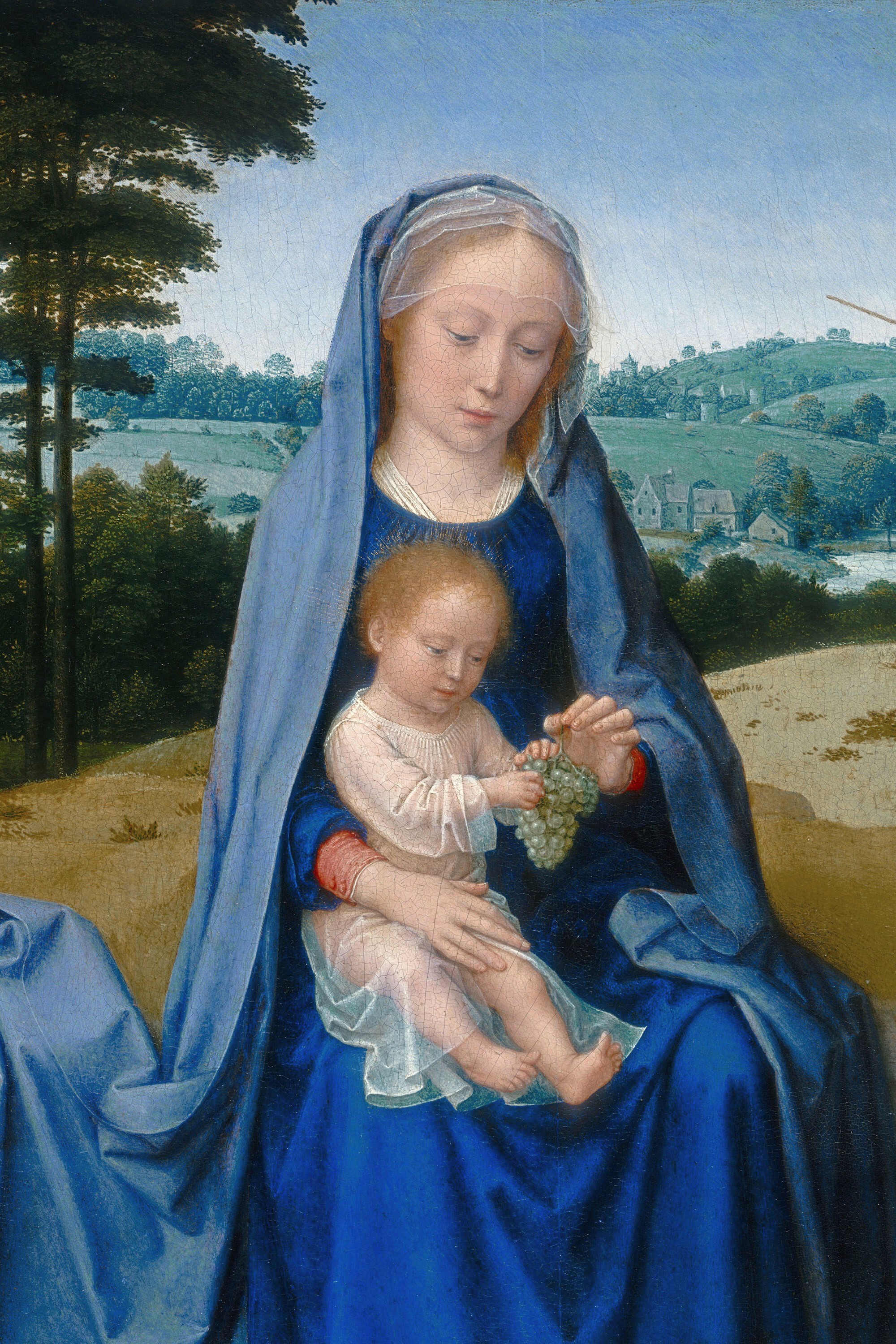He First Loved Us: Saving Truth in the Epistles of St. John
The Inaugural Sacred Page Seminar
July 20 – 23 at the Augustine Institute in Greenwood Village, Colorado
“In this is love, not that we have loved God but that he loved us and sent his Son to be the propitiation for our sins” (1 John 4:10).
This great restatement of the Gospel declares that God is the leading actor in the drama of human existence. The love of the Triune God drives the plot of the story of salvation, manifested in the death and resurrection of Christ Jesus and proclaimed in the words and lives of the saints from St. John to today.
This July 20 – 23, the faculty of the Augustine Institute Graduate School of Theology will offer a seminar on the three Johannine letters, 1–3 John, for rising undergraduate juniors and seniors. The inaugural Sacred Page Seminar be a concentrated experience of reading the Bible rigorously, thoughtfully, and in faith.
The Church teaches that by reading God’s inspired word in the light of faith, our pursuit of truth and love are “most powerfully strengthened and rejuvenated.” “The study of the sacred page,” therefore, is rightly called “the soul of sacred theology” (Vatican Council II, Dei Verbum §24).
The Scriptures are not merely a sourcebook to be mined for apologetics or theological debates, although they do serve such purposes. They are, with sacred tradition, a wellspring of life meant to nourish, challenge, teach, and propel believers along the path of truth and love in Christ. This is, in fact, what the John’s letters claim to do; they were not written to convince those who did not know Christ but to those who already knew the truth (1 John 2:21) in order to direct them in the love of God and love of neighbor (1 John 3:23; 4:19-20; 2 John 5-6).
The message John’s letters proclaim is at the heart of our Christian faith. We invite rising juniors and seniors with a lively interest in the Bible to join us for three days of study, prayer, and fellowship anchored in the close study of these texts. We will look at these letters in their historical contexts as they were written for their first audiences and consider their witness to the eternal truth of God. Our questions will include: What prompted John to write that there were many “antichrists” in the world or to express his concern about one Diotrephes who had rejected the apostle (1 John 2:18; 3 John 9)? What is the “anointing” that joins us to Christ and enlightens us in the truth (1 John 2:20)? How can it be that God’s love empowers us to love others but that we cannot truly love God without loving others (1 John 4:20)? How have Church fathers like St. Augustine interpreted and preached about these letters in the past? How can we profit from these letters still today?
The Sacred Page Seminar will be led by James Prothro, who will be assisted by the faculty of the Augustine Institute Graduate School of Theology, including Michael Barber, Tim Gray, Elizabeth Klein, Brant Pitre, and John Sehorn.
Lodging and meals will be provided by the Augustine Institute, and participants will receive a stipend to defray the cost of travel to Colorado. The course’s required texts will be mailed to participants in early July.
Prospective students are asked to write a letter of application (approximately 500 words in length) in which they express their desire to participate in the Sacred Page Seminar with respect to how it would complement their undergraduate education and serve their discernment of further study. Each prospective student should also request that a letter of recommendation be sent to the Seminar’s director from an undergraduate professor who can attest to his or her readiness to participate in the Seminar. Applications and Letters of Recommendation should be submitted by April 29 to james.prothro@augustine.edu.









